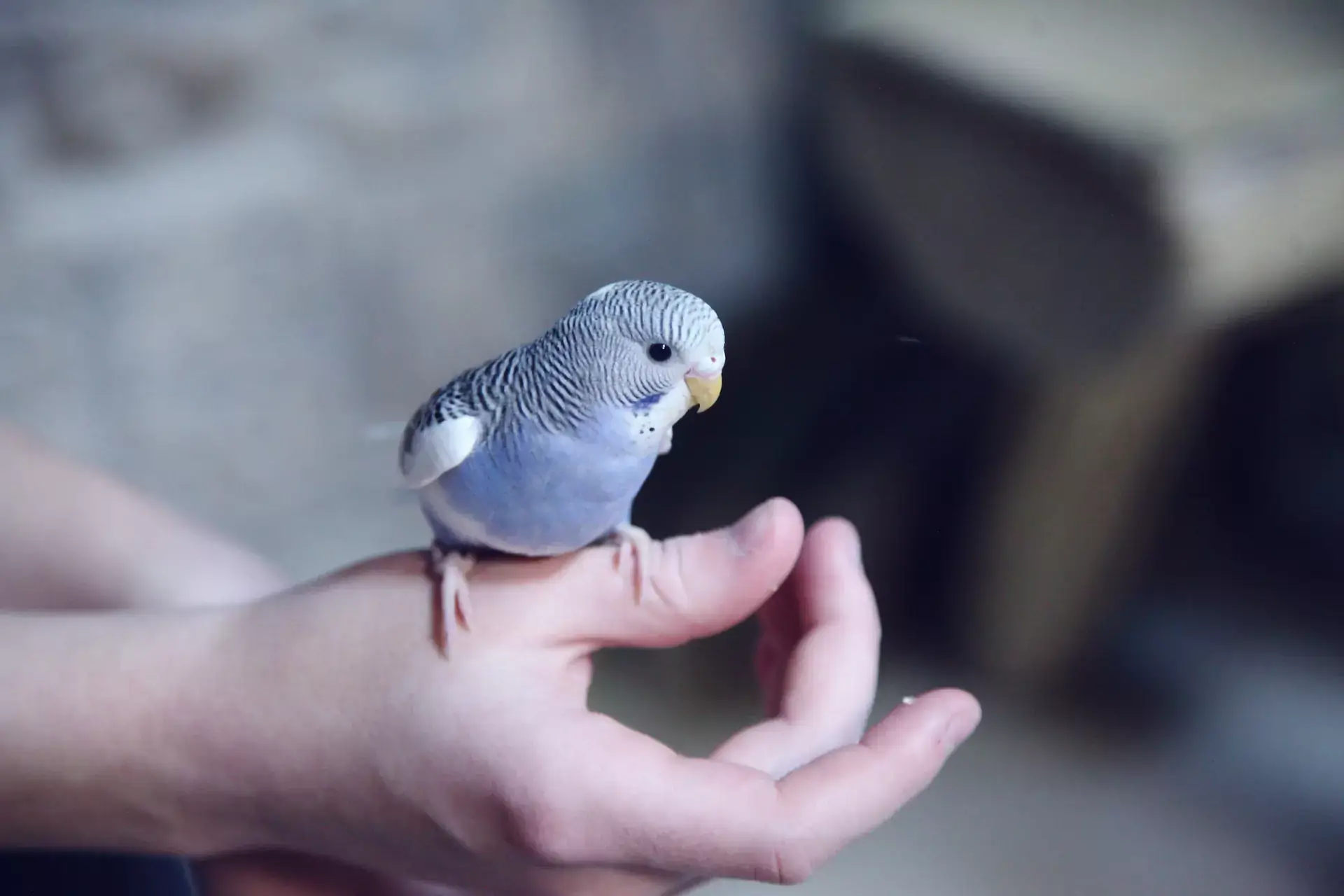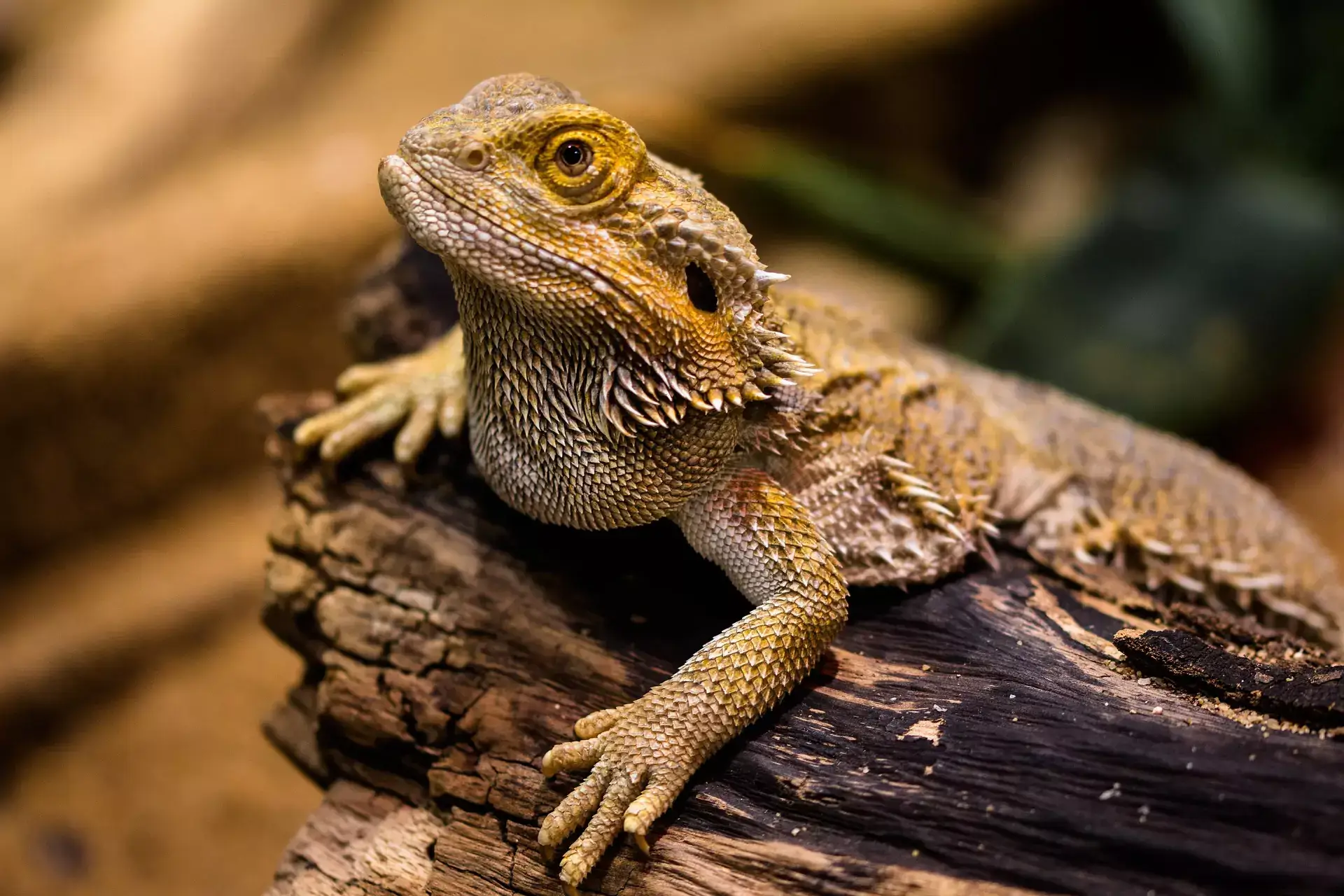Hedgehog Care Tips
Hedgehogs are increasingly popular pets, but proper hedgehog care requires a thoughtful approach to meet their unique needs. These small, nocturnal animals thrive in environments that mimic their natural habitat, and providing the right diet, housing, and enrichment is key to ensuring their well-being. Hedgehog care includes creating a safe, spacious enclosure, offering a balanced diet rich in protein, and ensuring regular health checkups. Understanding their behavior and health indicators can help prevent common issues, such as obesity and respiratory infections. By following expert hedgehog care tips, pet owners can ensure a happy, healthy life for their prickly companions, promoting their long-term health and quality of life. Whether you’re a first-time hedgehog owner or looking to improve your current setup, this guide covers everything you need to know for successful hedgehog care.
There’s a pretty cute little critter that has been melting hearts all over the world: the Hedgehog! There are actually 17 types of hedgehogs, but it’s the African pygmy that is most commonly kept as a pet. A Galena, MD vet discusses hedgehog care below.
Don’t Scare Him
Hedgehogs can’t see very well: they mostly navigate the world by smells and sounds. It’s very easy to startle these guys. Just the sight of your shadow can frighten your tiny pet! Take care not to scare him.
Offer Great Food
Diet plays a significant role in hedgehog care. Providing your hedgehog with a high-quality hedgehog kibble forms the foundation of their nutrition. You can also add variety by offering treats like waxworms, mealworms, and other insects. For specific dietary recommendations, consult your vet.
Get A Great Cage
A good cage is very important. Choose one with a solid floor. Wire floors don’t hold substrate, and can actually cause injuries.
Honor Hedgie’s Schedule
Hedgehogs are nocturnal, which means they’re most active during the night. If you’re considering a hedgehog as a pet for a child, it’s important to remember this. When thinking about hedgehog care, make sure your pet has a quiet place to sleep during the day and space to explore and play at night.
Offer A Wheel
Hedgehogs are naturally quite active, and they can get quite sad and depressed if they don’t get enough exercise. A running wheel is rather like the hedgehog version of a treadmill. Just be sure to choose a solid one: the wire ones are actually dangerous.
Tame Hedgie
Hedgehogs are quite timid by nature. Give your little buddy time to get used to you. Hold him gently, and talk to him. He may curl up in a ball, especially at first. That’s fine! Give him time to relax.
Adopt A Baby
If possible, adopt your hedgehog when he’s still young. Starting hedgehog care early makes it easier for your little buddy to bond with you and feel safe as he grows up. While adult hedgehogs can still be tamed, the process might take a bit longer.
Keeping Hedgie Healthy
Just like any other pet, hedgehogs can suffer from a variety of illnesses and injuries. Take Hedgie to the vet regularly for exams. This is a great chance for you to get specific care tips.
Essential Hedgehog Care in 2025: Housing and Treats
What type of cage is best (e.g., solid bottom, smooth walls)?
The best cage for a hedgehog has a solid floor to prevent injuries and ensure proper substrate containment. Wire floors should be avoided, as they can cause foot injuries and don’t hold bedding well. A cage with smooth walls is ideal for preventing climbing accidents, while offering ample space for exercise and movement. Ventilation is also necessary, so an enclosure with adequate air circulation is recommended. Including a wheel with a solid surface can help meet a hedgehog’s exercise needs without causing harm.
Should hedgehogs be housed individually or in pairs?
Hedgehogs should generally be housed individually. They are solitary animals in the wild and can become stressed or aggressive when kept with others, especially in confined spaces. Even if they seem to get along at first, conflicts may arise later, leading to potential injuries. Additionally, it’s harder to monitor their food intake and health when housed in pairs. If you do wish to keep more than one, it’s best to consult with a veterinarian to assess the best setup and to ensure the safety and well-being of both animals.
What is the ideal temperature range for hedgehogs?
Hedgehogs thrive in a temperature range between 72°F and 80°F. Temperatures outside this range can lead to health problems, such as hibernation or heat stress. If their environment is too cold, hedgehogs may attempt to hibernate, which is dangerous for species like the African pygmy hedgehog. On the other hand, overheating can cause heatstroke. Maintaining a consistent, controlled temperature within their enclosure is vital to their well-being, and using a thermostat-controlled heating pad or ceramic heat emitter can help keep their habitat in the ideal range.
What are suitable bedding materials for hedgehogs?
Suitable bedding materials for hedgehogs include aspen shavings, fleece liners, or paper-based bedding. Avoid cedar or pine shavings, as these can be toxic and cause respiratory issues. Aspen shavings are a safe option, while fleece liners offer a reusable, soft surface that is gentle on a hedgehog’s feet. Paper-based bedding is also safe, absorbent, and effective at controlling odors. Ensure the bedding is free of chemicals and dust to prevent irritation. A clean, comfortable substrate promotes better health and hygiene for hedgehogs.
What treats can be given to hedgehogs?
Hedgehogs can enjoy a variety of treats in addition to their regular diet. Mealworms and waxworms are popular options and offer both enrichment and nutrition. These protein-rich insects mimic the hedgehog’s natural diet in the wild, providing variety and promoting foraging behavior. However, treats should be given in moderation to avoid overfeeding. It’s also wise to consult a veterinarian for personalized recommendations, ensuring that any treats offered align with the hedgehog’s specific dietary needs and health. A balanced approach to treats supports both their physical and mental well-being.
Please contact us for more information on hedgehogs. As your Galena, MD veterinary clinic, we’re here to help!





